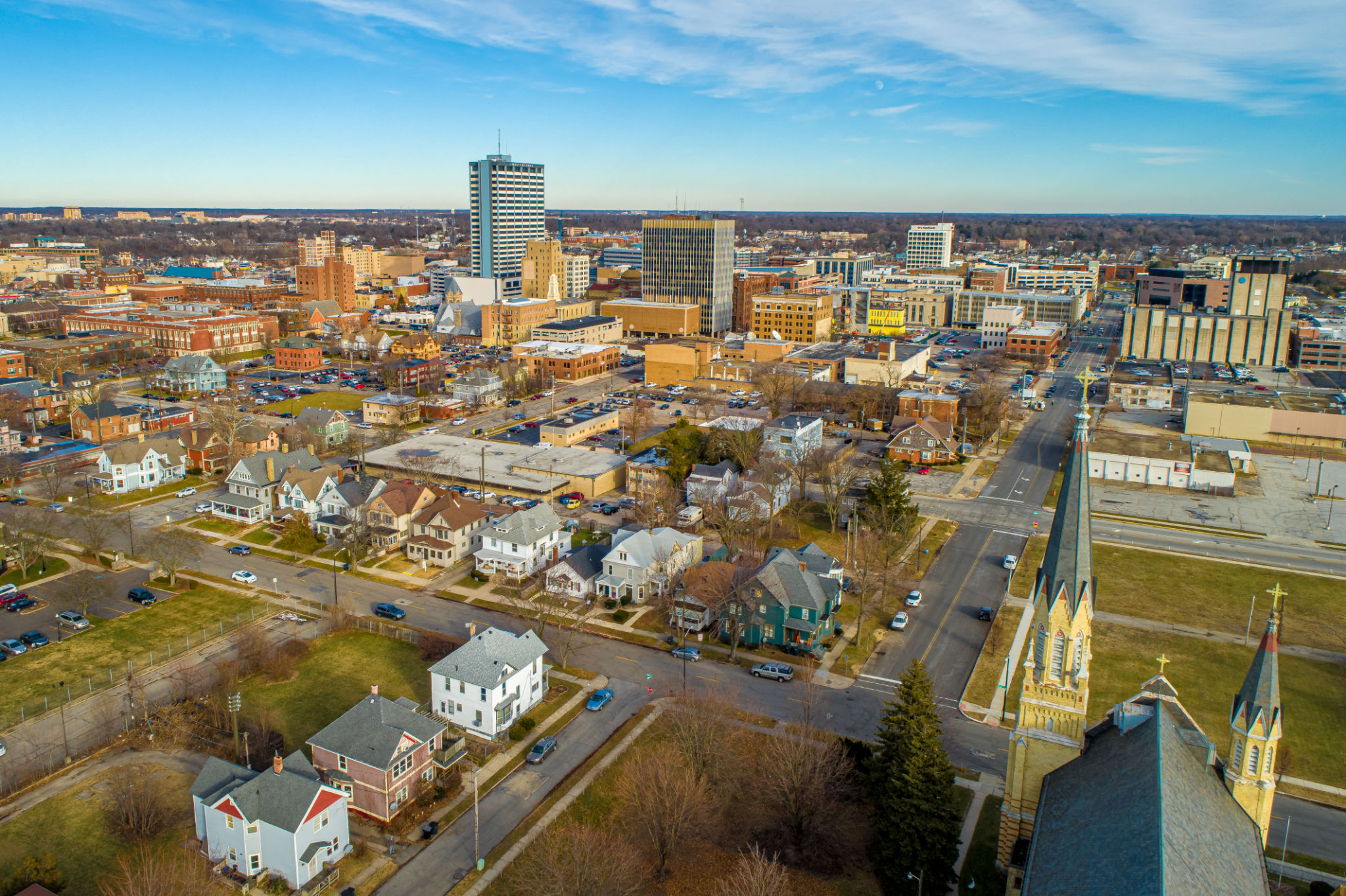Case Study: Successful Hotel Financing in South Bend, Indiana
Introduction to Hotel Financing
Hotel financing is a critical component in the hospitality industry, enabling developers and investors to bring their vision of a successful hotel to life. It involves securing the necessary funds to cover construction, renovation, or acquisition costs. This case study focuses on a recent success story in South Bend, Indiana, where a hotel project was brought to fruition through strategic financing.

Understanding the Market
South Bend, Indiana, is experiencing a rejuvenation, driven by economic growth and increased tourism. The city has become an attractive destination for both business and leisure travelers. With major attractions like the University of Notre Dame and its rich cultural heritage, the demand for quality accommodations has been rising steadily. Recognizing this opportunity, developers sought to capitalize on the growing market by introducing a new hotel.
Challenges in Hotel Financing
Despite the promising market conditions, securing financing for a hotel project can be challenging. Developers faced several hurdles, such as proving the viability of their project, demonstrating potential returns on investment, and navigating the complex landscape of lending options. The key to overcoming these challenges lay in crafting a compelling business plan and forming strategic partnerships.

The Financing Strategy
The successful financing of the South Bend hotel project was achieved through a multi-faceted strategy. The development team employed a mix of funding sources, including:
- Traditional Bank Loans: Securing a substantial loan from a local bank was crucial. The team worked closely with financial advisors to present a strong case for investment, highlighting the project's potential impact on the local economy.
- Private Investors: By attracting private investors, developers were able to supplement bank loans and garner additional support. These investors were drawn to the project's promising return prospects and its alignment with regional growth trends.
- Government Grants: Leveraging available government grants and incentives aimed at fostering regional development further strengthened the financial foundation of the project.
Implementation and Success
With financing secured, the development phase proceeded smoothly. A dedicated team managed construction timelines, ensuring that the project met deadlines and stayed within budget. The hotel opened its doors to guests ahead of schedule, offering modern amenities and exceptional service.

Impact on the Community
The successful completion of the hotel project has had a significant positive impact on the South Bend community. It has created numerous jobs in both the construction and hospitality sectors, contributing to local economic growth. The hotel has also attracted more visitors to the area, boosting other local businesses such as restaurants and retail outlets.
Lessons Learned
This case study underscores several key lessons for future hotel financing endeavors:
- Comprehensive Planning: A detailed business plan that addresses potential challenges and opportunities is essential for securing financing.
- Diverse Funding Sources: Combining different funding sources can minimize risk and provide a strong financial foundation.
- Community Engagement: Projects that demonstrate clear benefits to the local community are more likely to gain support from both investors and local authorities.
Conclusion
The hotel financing success story in South Bend, Indiana, serves as an inspiring example for developers and investors in the hospitality industry. By understanding market dynamics, overcoming financial challenges, and engaging with the community, the project not only achieved its financial goals but also contributed positively to regional growth. As South Bend continues to thrive, this hotel stands as a testament to effective planning and strategic financing.